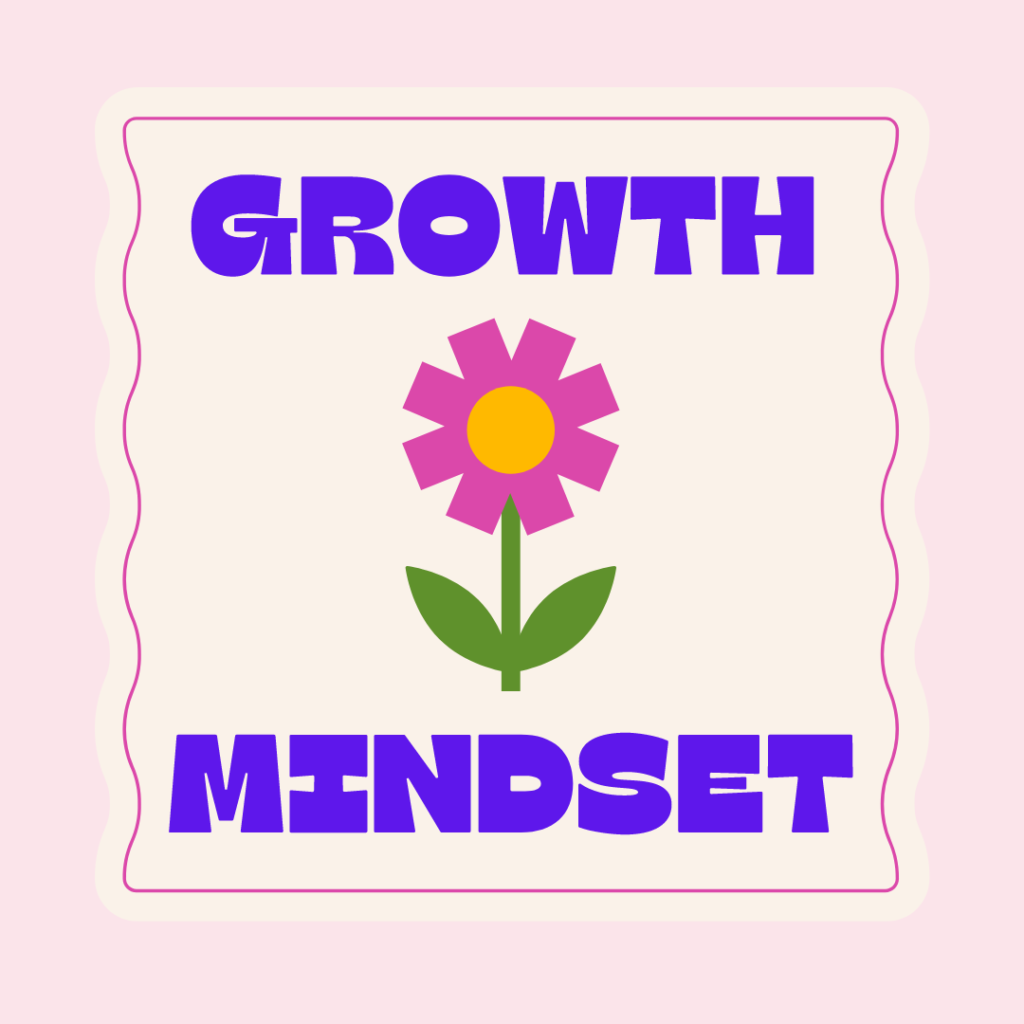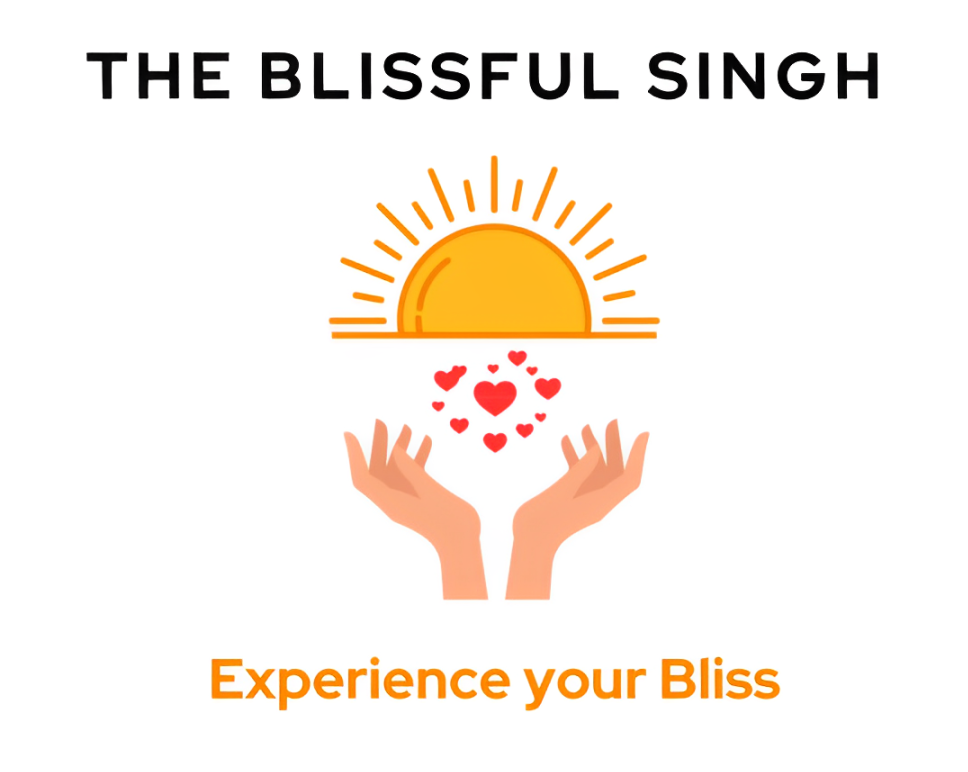Table of Contents
- What is meditation?
- Why is meditation important?
- Benefits of meditation
- Helps in stress relief
- Help you improve as a whole being
- Helps in improving sleep
What is meditation?
Meditation has lots of definitions but simply put to practice the moment of staying in now or observing the body in the present moment and being aware of what is happening in the present situation is known as meditation.
We haven’t used the term “aware of breath” because many meditation practices, such as anapanasati, body scans, and gratitude exercises, involve breathing or affirmations to bridge the connection between body and soul. Ultimately, discovering your true self is possible when your breath is harmonized with your body
Why is meditation important?
As we read above that meditation is a bridge that connects body and soul and when the connection takes place we discover our higher self, feel positive which ultimately leads to a happy life. Meditation is also a tool that can help us in the tough times face strong situation by the help of acceptance and realization. meditation helps us to embrace our current circumstances without judgment, enabling us to respond to adversity with calm and clarity. This approach not only alleviates stress but also empowers us to face obstacles with resilience and composure. By promoting mindfulness and a deeper connection to our inner selves, meditation equips us with the mental and emotional resources needed to manage life’s trials effectively.
Benefits of meditation
Helps in stress relief

Meditation helps in getting relaxed from stress . As in this modern world everyone has some kind of stress in their life but not everyone wants to talk on this. So it can act as a tool for stress reduction. Unlike traditional methods of stress relief, meditation does not require verbal expression or the sharing of personal issues, which can be particularly beneficial for those who prefer not to discuss their stressors openly. Instead, meditation provides a private and introspective space where individuals can confront and manage their stress in a self-directed manner. Techniques such as deep breathing, mindfulness, and guided imagery help to lower cortisol levels, reduce anxiety, and enhance overall emotional resilience.
Help you improve as a whole being

It can help you in improving yourself as a whole being As individuals engage in regular meditation practice, they often experience a clearer understanding of their own thoughts, emotions, and behaviors. This heightened self-awareness allows for more conscious choices and a deeper alignment with personal values and goals.
Additionally, meditation cultivates qualities such as patience, compassion, and resilience. By practicing mindfulness, individuals learn to approach themselves and others with greater empathy and understanding, which enhances interpersonal relationships and emotional intelligence. Ultimately, meditation leads to improvement ass a whole self, hence developing a growth mindset.
Helps in improving sleep

Studies have shown that meditation can improve sleep quality by increasing the duration of deep sleep and reducing the frequency of nighttime awakenings. The relaxation response induced by meditation contributes to a more restorative sleep, enhancing overall sleep efficiency. Incorporating meditation into a nightly routine can thus serve as a powerful strategy for overcoming sleep disturbances and achieving a more restful and rejuvenating night’s sleep. Adding meditation to your bedtime routine can turn it into a calming ritual. This consistency helps signal to your body that it’s time to wind down, reinforcing good sleep habits. Thus, this helps in repair of muscles and tissues leading to fast recovery from physical exertion and reduces fatigue.

